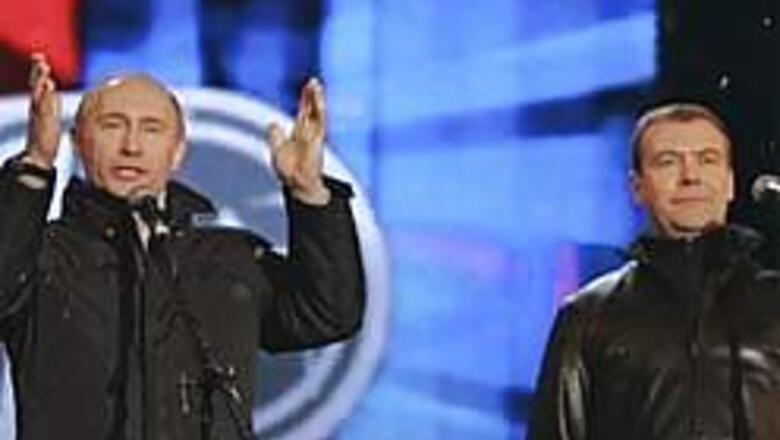
views
Moscow: Dmitry Medvedev took over as Russia's third president on Wednesday in a glittering ceremony at the Grand Kremlin Palace in the presence of some 2,400 guests as Vladimir Putin stepped down after eight years as head of state.
The ceremony began at 0745 GMT and after Putin made a short speech, Medvedev swore an oath on a copy of the Russian Constitution. He then addressed the assembled dignitaries as Russia's new President.
The current Russian government is now due to resign and Putin is to become the country's new premier on May 8. He is also set to become the head of the ruling United Russia party.
Forty-two-year-old Medvedev was nominated as a presidential candidate by United Russia and three other smaller pro-Kremlin parties in December. Putin later said on national television: "I have known Dmitry Medvedev well for over 17 years, and I completely and fully support his candidature."
Medvedev swore to "respect and protect human and civil rights", as well as to "observe and defend the Constitution of the Russian Federation, its sovereignty and independence, security and integrity".
He said the development of civil and economic freedoms in Russia would be a priority during his presidency.
"They (rights and freedoms) are of the highest value and define the essence of state activities. The most important task is to further develop civil and economic freedoms and to create new civil opportunities," Medvedev said after being sworn in as president of Russia.
Medvedev, a trained lawyer, worked under Putin in St. Petersburg in the early 1990s, when the man who would become Russia's second president was the city's first deputy mayor. In 1999, in Moscow, Medvedev was appointed acting deputy chief of the presidential staff.
He also headed Putin's campaign headquarters in the run-up to the 2000 elections. In 2003, he became chief of the presidential administration and retained the post until November 2005, when he was appointed first deputy prime minister and put in charge of an ambitious multi-billion dollar "national project" to improve living standards.
The endorsement by the popular Putin ensured Medvedev a landslide victory in the March 2 elections, but has also left question marks over the nature of the president-elect's position, with many analysts predicting that Putin will remain the real leader of the world's largest country.
PAGE_BREAK
However, Putin has dismissed rumours of plans to give extra powers to the premier saying in March that "there is no need to change anything regarding this. The prime minister has sufficient powers".
Medvedev said after being elected that he had no intention of redistributing powers between the president and the prime minister upon taking over at the Kremlin.
Speaking to the Financial Times in an interview last March, he said he was convinced his partnership with Putin would prove effective, and would not lead to a power struggle.
However, ordinary Russians seem sure that ultimate power will remain with Putin, with more than two-thirds of respondents stating in a poll carried out by the Levada Center in April that they believed the former KGB officer would "control" his hand-picked successor.
Putin's second term has seen a rise in tensions with the West, as a resurgent Russia, awash with oil dollars, looks to re-establish itself as a global power. Moscow has strongly stated its opposition to NATO expansion and US plans for a missile defence shield in central Europe.
However, unlike Putin, Medvedev has no links to Russia's 'siloviki' representatives of the country's security and defence agencies.
Despite this, Putin has already said that the West will find Medvedev, seen as a pro-business moderate, no 'easier' to deal with.
"He is no less, in the best sense of the word, a Russian nationalist than I am. I don't think that our partners will find things easier with him," Putin said, adding that, "he is a real patriot, and will actively uphold Russia's interests on the global stage."
Many foreign political analysts also predicted that Medvedev would stay faithful to Putin's foreign policies, in the early days of his presidency at least.
"In my opinion, Medvedev will continue Putin's policy for the first year," Aleksander Kvasniewski, the former president of Poland told RIA Novosti.
"But the following year, I think, Medvedev will become more independent," he said.
An attempt by the Other Russia opposition coalition movement to hold a protest rally on the eve of Medvedev's inauguration was prevented by police in Moscow Tuesday. The opposition has called the March elections that brought Medvedev to power "a farce".
Seven thousand police officers were on duty Wednesday in the capital to ensure law and order on the streets before, during, and after the inauguration ceremony.
Political change in Russia rarely comes easily, and as a light snow fell over Moscow Wednesday morning after days of sunshine, the cold snap only served to remind that in Russia it is not only the weather that remains unpredictable.










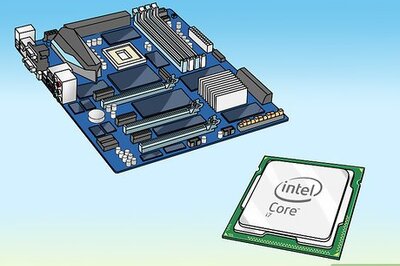



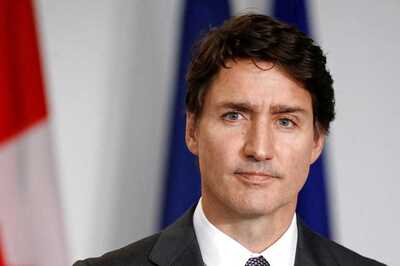
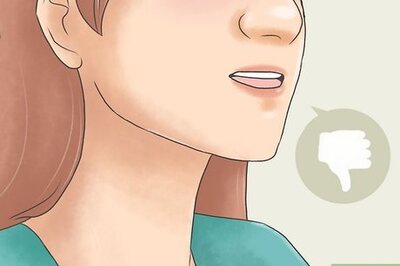

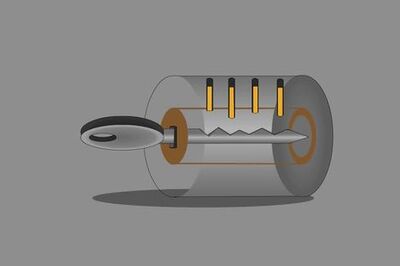

Comments
0 comment